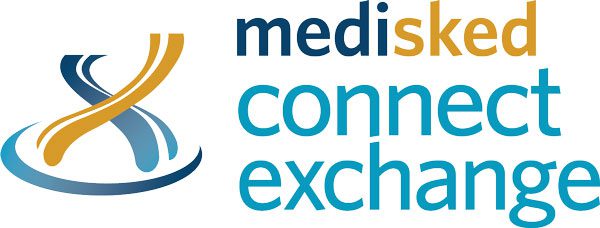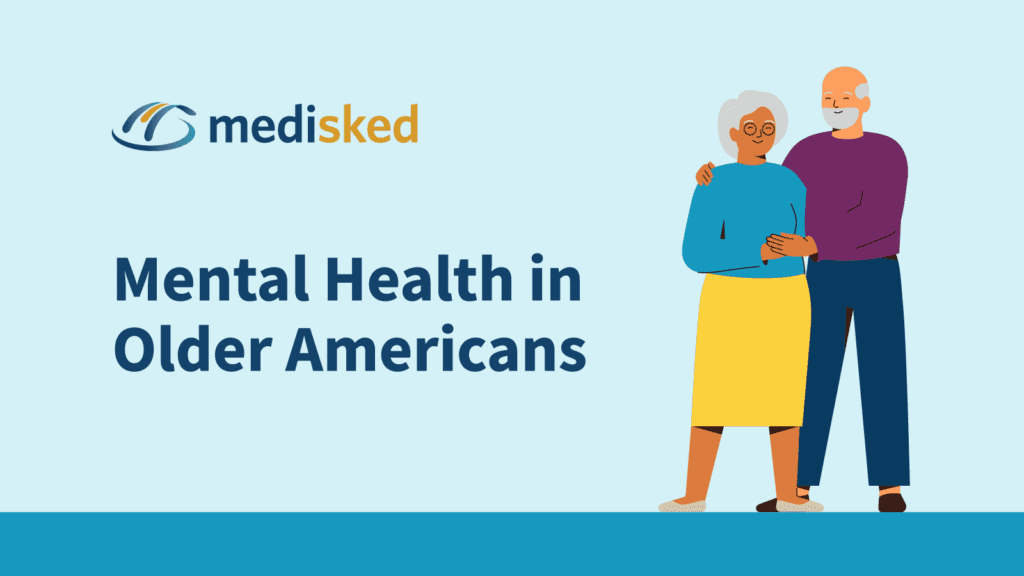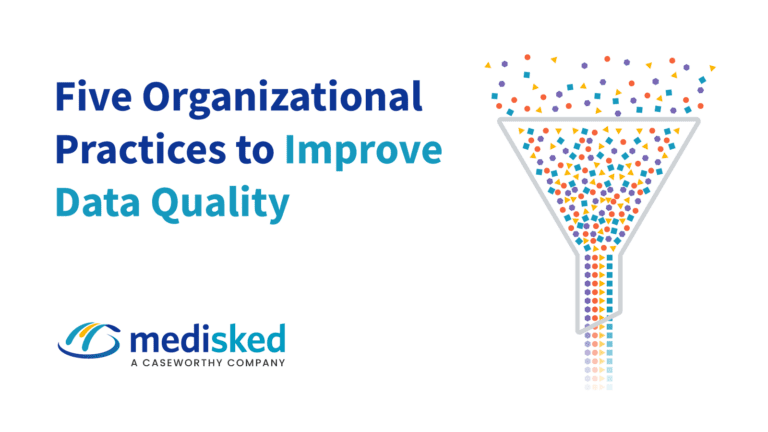May is Older Americans Month – a time to raise awareness of the issues facing aging individuals in our country. May is also when Mental Health Awareness Month is observed to educate others and advocate for change to support people affected by mental illness. These worthy causes are deeply intertwined as there is an ongoing mental health crisis among older adults in the United States.
Mental Health Crisis in Aging Americans
According to the University of Utah School of Medicine, 1 in 5 older adults experience mental health concerns that are not a normal part of aging and the number of people aged 60 years and older with psychiatric disorders in the US is anticipated to reach 15 million in 2030.[1] The COVID pandemic worsened the mental health crisis among older adults due to the jump in social isolation, loneliness, anxiety, and depression.
The U.S. Substance Abuse and Mental Health Services Administration (SAMHSA) and the National Academy of Medicine have found that less than 50% of older adults with mental and/or substance use disorders receive treatment.[2] Unfortunately, the workforce crisis has created a lack of access to Medicare providers for the services needed to treat these individuals.
Getting older is a privilege and the demographics of our country are rapidly shifting. Playfully known as the silver tsunami, the number of Americans aged 65+ is projected to double to 80.0 million by 2040.[3] The United States must do better to ensure that older adults have access to the services and supports they need to live their best lives.
A Call to Action for the United States
There are many strategies that can be taken to improve mental health. One of the first lines of defense in recognizing and treating these issues is at the primary care level. Primary care providers should be screening for mental health and referring individuals to the proper treatments. Social isolation and loneliness can be a major contributing factor to overall mental health. More emphasis can be provided on connecting older adults, particularly those who live alone and have limited social connections, with opportunities to socialize and interact with others out in the community if possible.
The biggest change needs to come on the federal and state levels to provide adequate funding and support for the direct care workforce who provide home and community based services (HCBS) and mental and behavioral health supports to individuals who need them.
Mental Health Resources
Thankfully, there are some resources available to aging Americans in need of mental health support:
- 988 Suicide & Crisis Lifeline: This helpline provides 24/7, free and confidential crisis resources to support to people in suicidal crisis or emotional distress 24/7. You can call, text, or chat with a trained crisis counselor.
- Veterans Crisis Line: This helpline is a free, confidential resource for veterans of all ages and circumstances. When you call, chat, or text, a qualified responder will listen and help. Call 1-800-273-8255, press 1; text 838255; or chat online to connect with 24/7 support.
How We Can Help
We are proud to provide software solutions that support aging Americans and individuals across the behavioral health community. Our integrated software suite allows organizations to track quality and improve outcomes for the individuals you support. MediSked’s products generate efficiencies for staff and reduce administrative burden while maintaining a person-centered approach to services and supports. Learn more about how we can help support your organization.
Stay tuned for our new report coming from our parent company later this month on The State of Aging Services! Register for our webinar on May 24 to get an advance copy of the report.
Sources
[1] University of Utah School of Medicine, Mental Health and Aging Facts, https://medicine.utah.edu/psychiatry/clinics/geriatric-psychiatry/facts
[1] National Council on Aging, How to Improve Access to Mental Health and Substance Use Care for Older Adults,https://www.ncoa.org/article/how-to-improve-access-to-mental-health-and-substance-use-care-for-older-adults
[1] Administration for Community Living, 2020 Profile of Olde Americans, https://acl.gov/sites/default/files/aging%20and%20Disability%20In%20America/2020Profileolderamericans.final_.pdf








